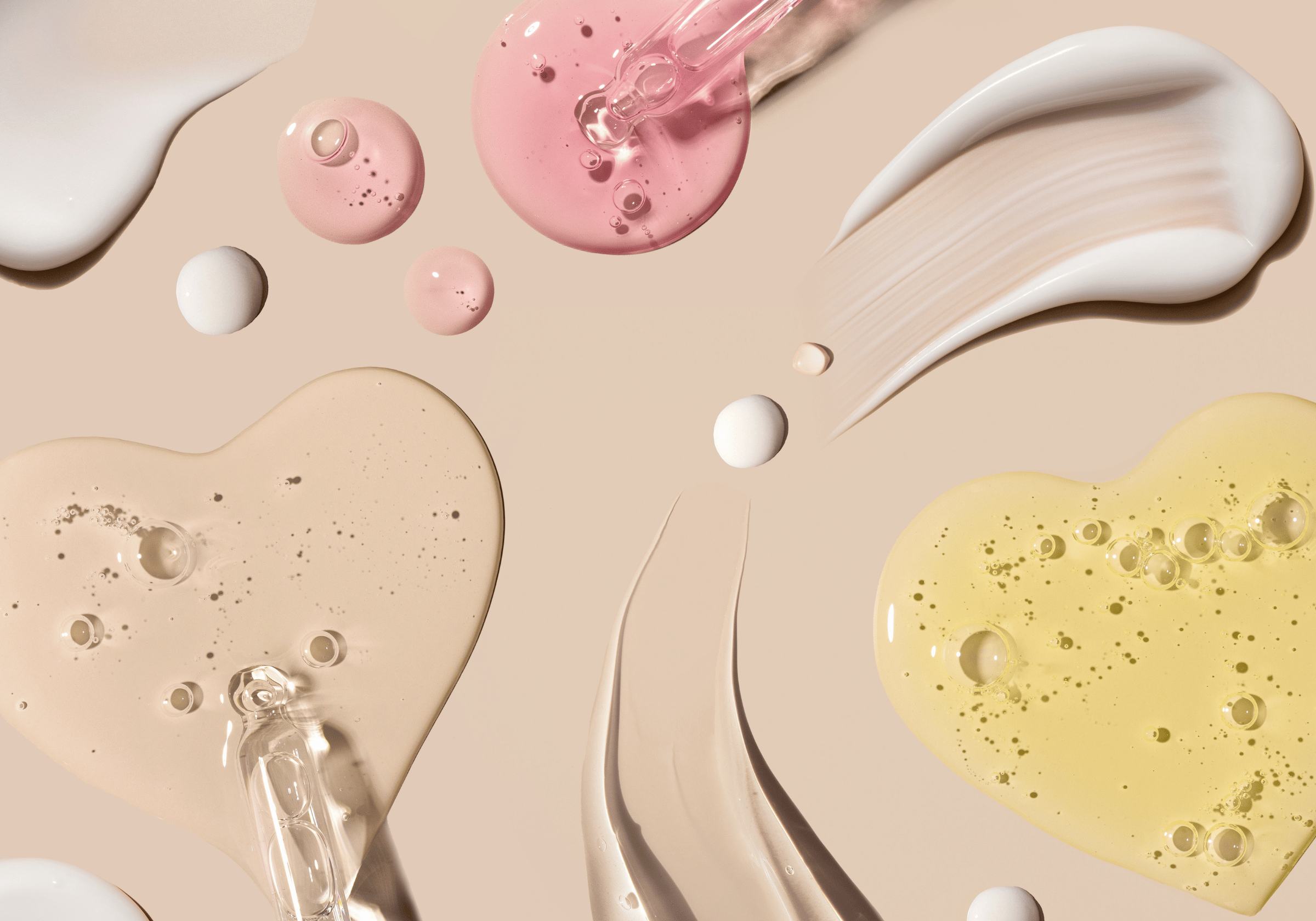For many, makeup is a tool to conceal imperfections, but for those with skin conditions like acne and eczema, makeup can be a double-edged sword — offering concealment while potentially exacerbating the problem. Clean makeup, characterized by its omission of harsh chemicals and irritants, presents a solution. By understanding the interaction between makeup and skin conditions, and referencing published research, we can better appreciate how clean makeup not only masks but aids in the transformation of troubled skin.
The Acne Equation
Acne is a multifactorial condition influenced by hormones, bacteria, and inflammation. Conventional makeup often contains ingredients that can trigger or worsen these factors. For example, a study in the Journal of Clinical and Aesthetic Dermatology highlighted ingredients like lanolin, isopropyl myristate, and artificial fragrances as common pore-clogging culprits that exacerbate acne.
Clean makeup formulations sidestep these risks by using non-comedogenic ingredients that provide coverage without clogging pores or introducing irritants that can lead to breakouts. Zinc oxide, a frequent star in clean makeup, not only serves as a physical UV blocker but also possesses anti-inflammatory and antimicrobial properties, which a study in the Dermatologic Surgery journal has shown can reduce acne lesions.
Eczema and Skin Sensitivities
Eczema, or atopic dermatitis, is characterized by dry, itchy, and inflamed skin. The National Eczema Association advises against makeup with fragrances, dyes, and preservatives like methylisothiazolinone, which can trigger eczema flare-ups. Clean makeup favors natural colorants and excludes synthetic fragrances, aligning with these recommendations.
Ingredients such as aloe vera and natural oils like jojoba, which have been researched for their skin-soothing properties in publications like the International Journal of Dermatology, are often used in clean makeup. These ingredients can provide a calming effect and help maintain the skin's moisture barrier, essential for eczema-prone skin.
The Role of Clean Makeup in Skin Barrier Function
A healthy skin barrier is critical for both acne and eczema sufferers. A damaged barrier can lead to increased sensitivity, moisture loss, and vulnerability to irritants. Conventional makeup can contain harsh surfactants and alcohols that strip the skin of its natural oils, as indicated in research from the Journal of Investigative Dermatology. Clean makeup, on the other hand, often incorporates hydrating and barrier-repairing ingredients like hyaluronic acid and ceramides, promoting a stronger, healthier skin barrier.
Psychological Impact and Quality of Life
The benefits of clean makeup extend beyond the physical. For individuals with skin conditions, the psychological impact is significant. The American Academy of Dermatology has published studies revealing that acne and eczema can lead to low self-esteem and social anxiety. Clean makeup can offer effective coverage for skin imperfections, boosting confidence and improving quality of life without compromising skin health.
Choosing Clean Makeup: A Call to Action
For those with troubled skin, selecting makeup should be an act of self-care. By choosing clean makeup, consumers take an active role in managing their skin conditions. It's a choice supported by an increasing body of research advocating for the use of gentle, non-irritating ingredients in cosmetics.
Conclusion
Clean makeup is redefining beauty standards, proving that makeup can be both skin-friendly and effective. For those dealing with acne, eczema, or other skin sensitivities, clean makeup is not just an aesthetic choice; it's a health-conscious decision. As we continue to uncover more through research, the narrative of clean makeup is evolving from a niche trend to an essential aspect of daily skincare routines.






